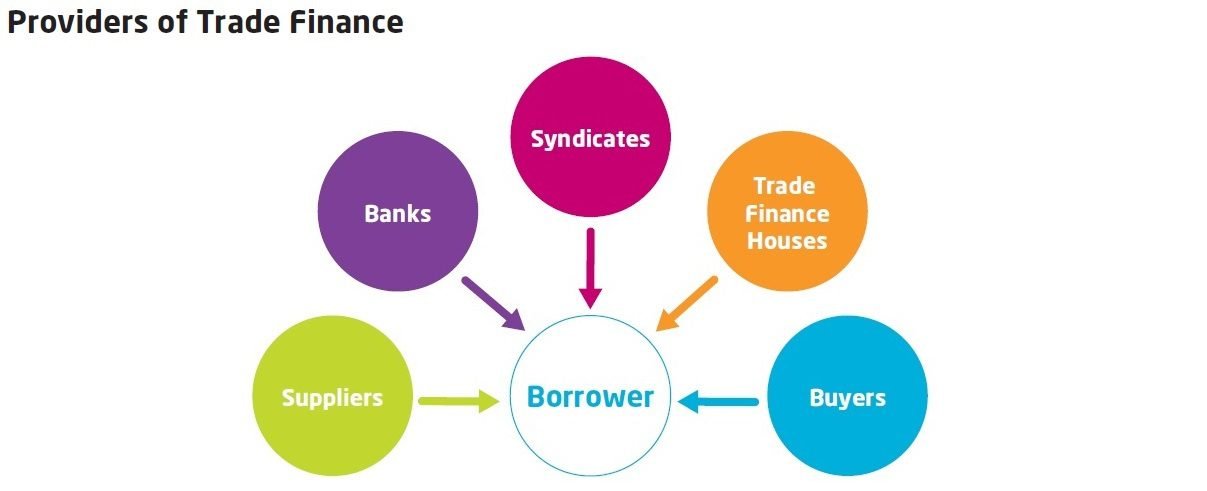The global banking and finance industry is constantly in flux. With the advent of new technologies, innovations, and financial products, it’s always essential for employees to be up-to-date on the latest learnings. Students are often confused about what to do after B.com. So, here we are. Read on to learn why completing a banking and finance course after graduation benefits you!
Why should you take a banking and finance course after graduation?
Looking at the job market, you will notice a massive demand for finance professionals. It means good opportunities and a high salary to those with an accounting or business degree. However, it can be overwhelming to see so many options available in this field once you are out of college.
The best decisions you can take are a banking and finance course after graduation. It will help you focus your job search and give you an idea of what area you want to pursue. The classes usually cover a wide range of personal finance, risk management, investment banking, accounting, and auditing.
The skills that will be beneficial in this field
After completing your education in Banking and Finance, you will probably want to take up a job at one of the many financial institutions that are out there. While each industry has its own set of necessary skills for employees, you must have some basic knowledge about banking before even applying for work. Knowing what specific terms mean can help ensure that you get a better position quickly.
In reality, the banking industry is all about trusting people and verifying that they are trustworthy in return. For this reason, it’s not surprising to find out that many employees in finance will need:
- Self-Control: You will be working with other individuals throughout your career, and sometimes you will have to negotiate.
- Discipline: This is related to the first skill but is more about adhering to company policies and procedures.
- Attention To Detail: To work with numbers and financial reports accurately, you must pay attention to the details. It also includes proper grammar and spelling when creating documents or communications.
- Critical Thinking: You need to be able to see the big picture when it comes to financial planning, but you also have to break down complex problems into smaller pieces so you can solve them.
- Mathematics: This is a given, but you must have up-to-date knowledge of financial mathematics so you can work with the latest software and systems.
- Interpersonal Skills: As mentioned earlier, finance is all about trust. You will need to build relationships with co-workers, clients, and other individuals to be successful.
- Problem Solving: In many cases, finance is all about solving problems. It could be as easy as finding a way to save money on a project or developing a new investment strategy.
Discover Post Graduate Diploma In Banking And Finance with Imarticus Learning
The Post Graduate Diploma In Banking And Finance with NMIMS Global Access is a 24-month unique combination of Finance and Banking courses designed to upgrade existing careers in the booming Banking and Finance industry.
Course Benefit For Learner:
- This Banking and Finance Management program is suitable for individuals wishing to advance their BFSI professions.
- Our distinctive approach to professional education redefines students’ industry knowledge and successfully enhances their vocational talents throughout the learning journey.
- Impress employers & showcase skills with banking and finance courses with placement assurance recognized by India’s prestigious academic collaborations.



 Financial institutions should refer to the cryptocurrency regulation in India before indulging in crypto-aided
Financial institutions should refer to the cryptocurrency regulation in India before indulging in crypto-aided 
 If you’re a FinTech enthusiast, you don’t want to be caught napping while competitors gain an edge through up-skilling. To be a professional, well-versed in fintech, you need to look for
If you’re a FinTech enthusiast, you don’t want to be caught napping while competitors gain an edge through up-skilling. To be a professional, well-versed in fintech, you need to look for 
 Technology is shaping the future of banking and finance
Technology is shaping the future of banking and finance